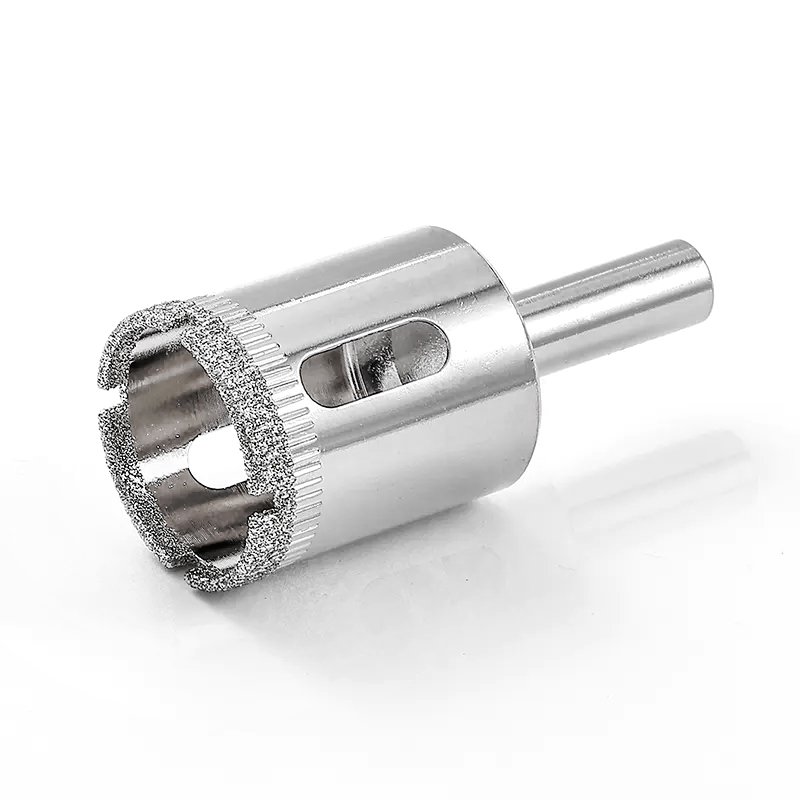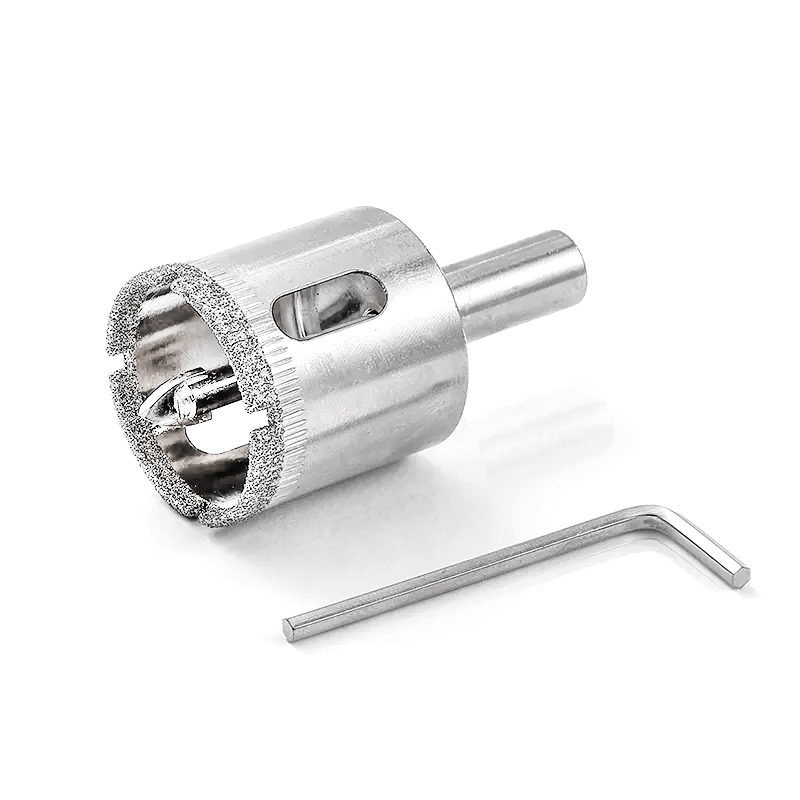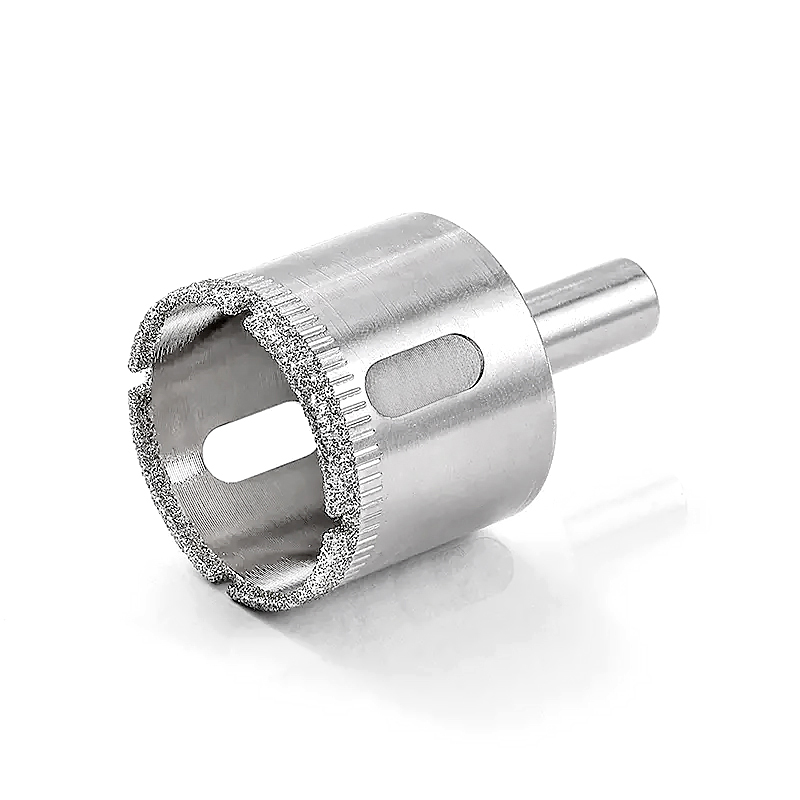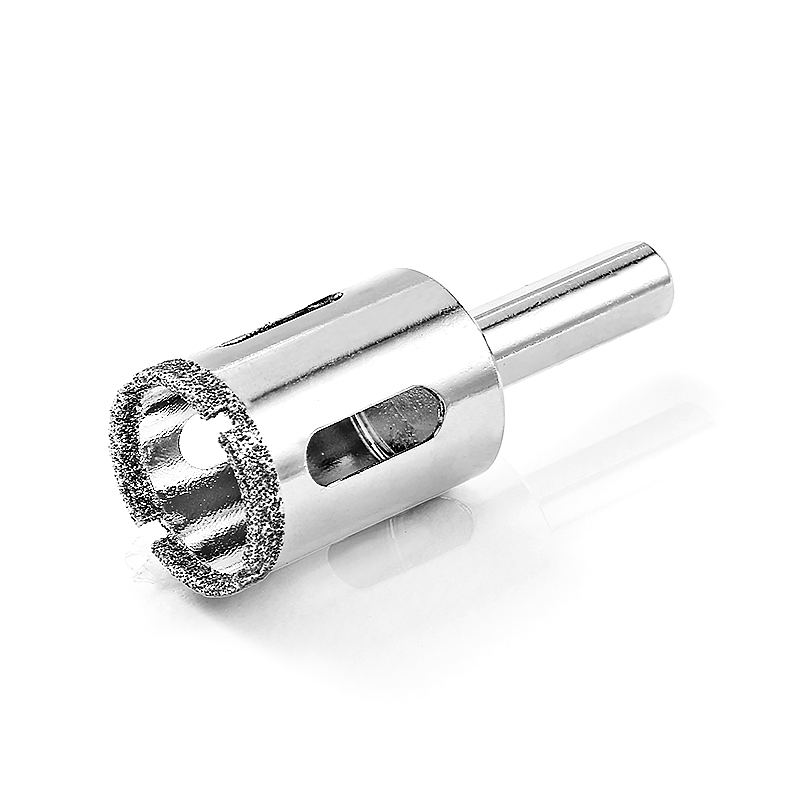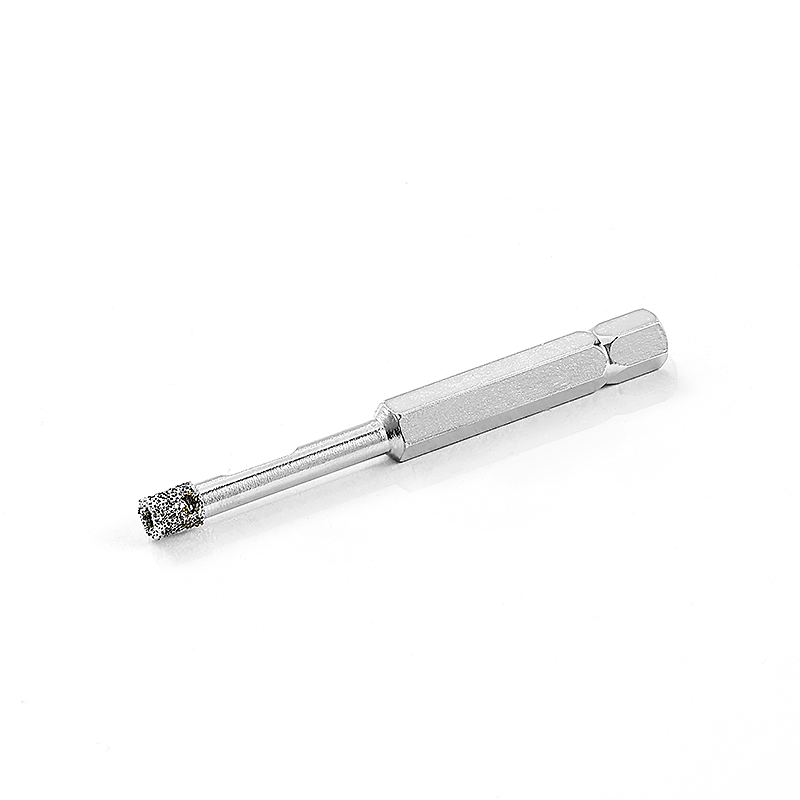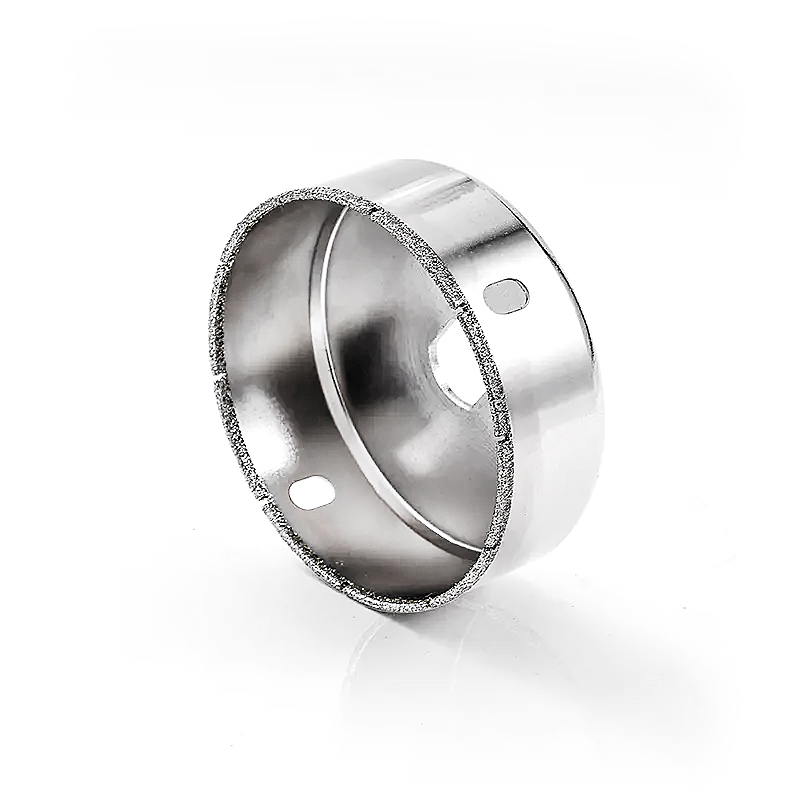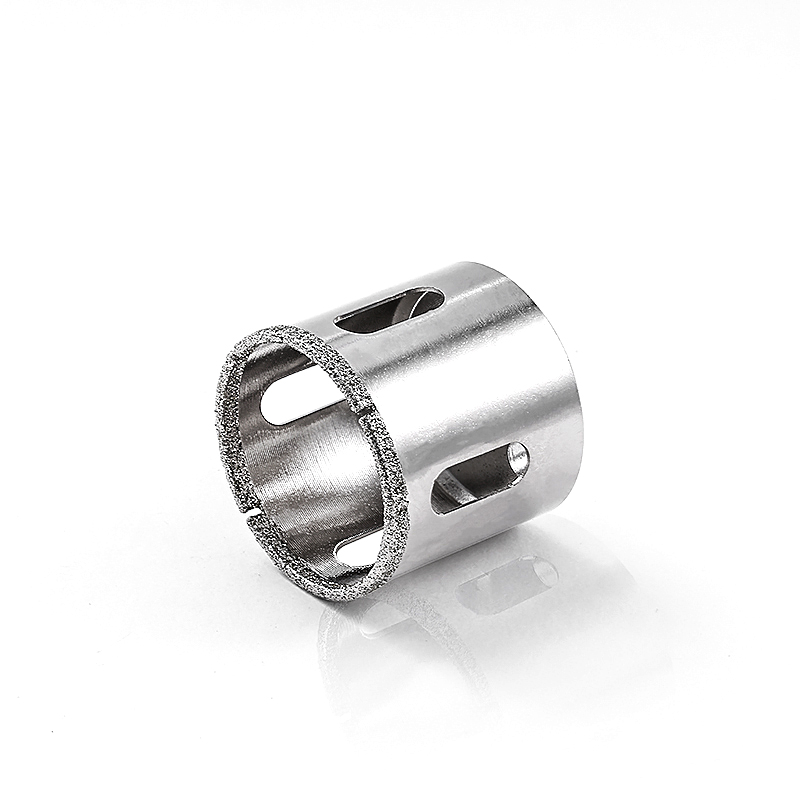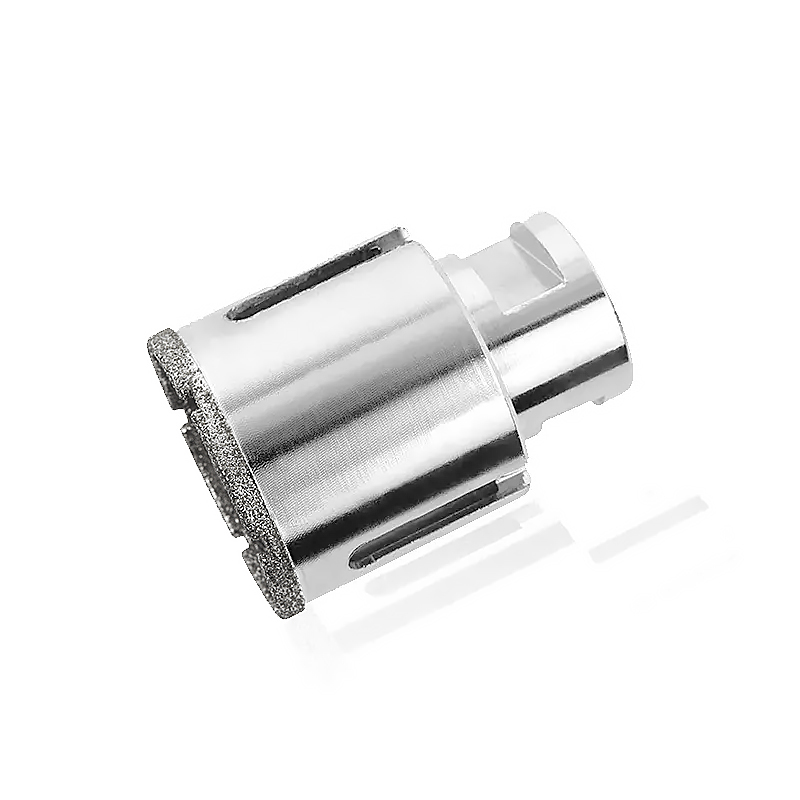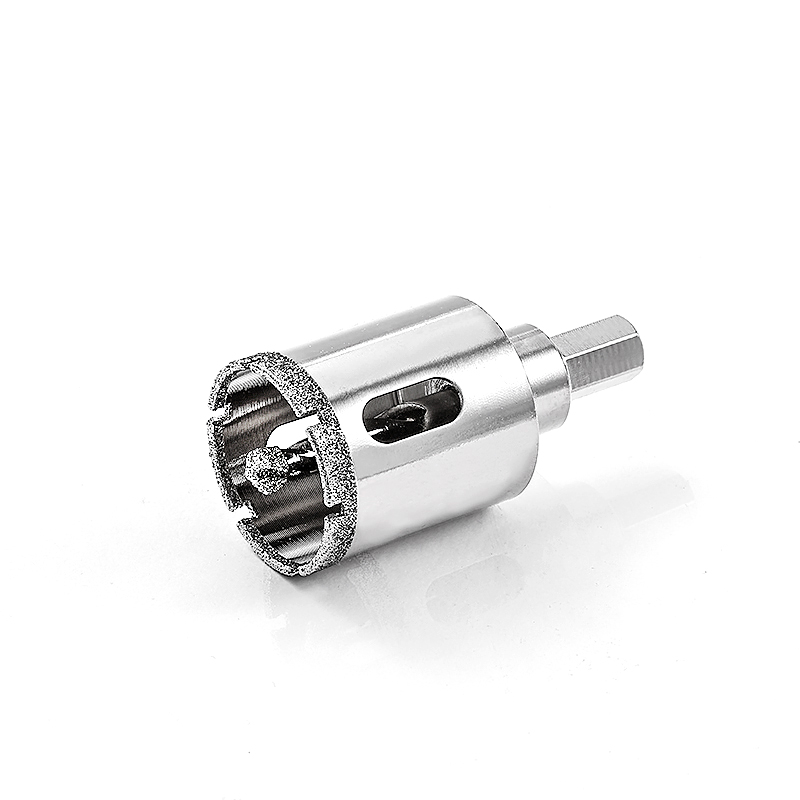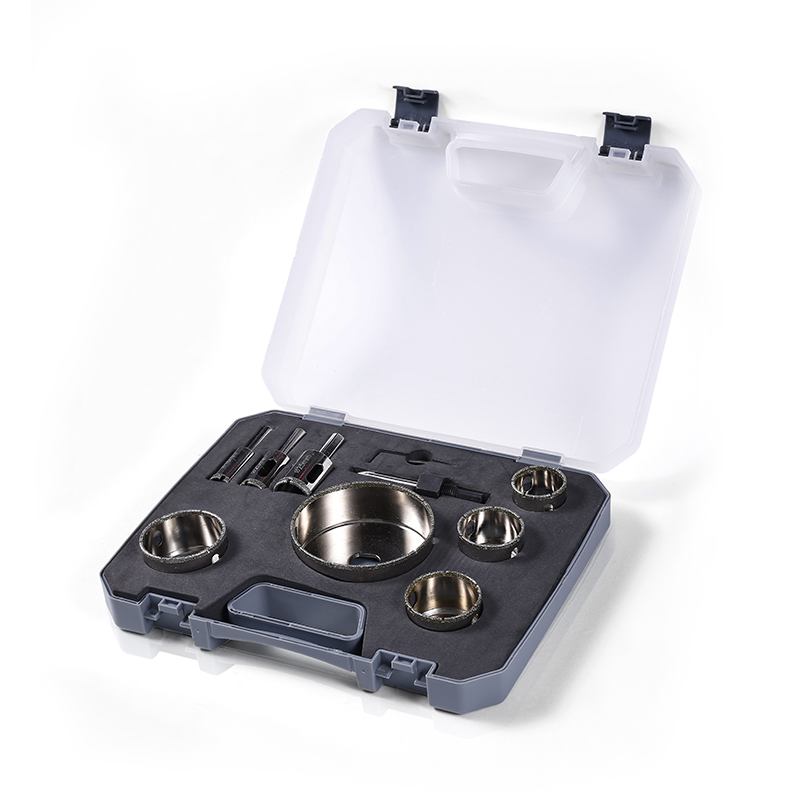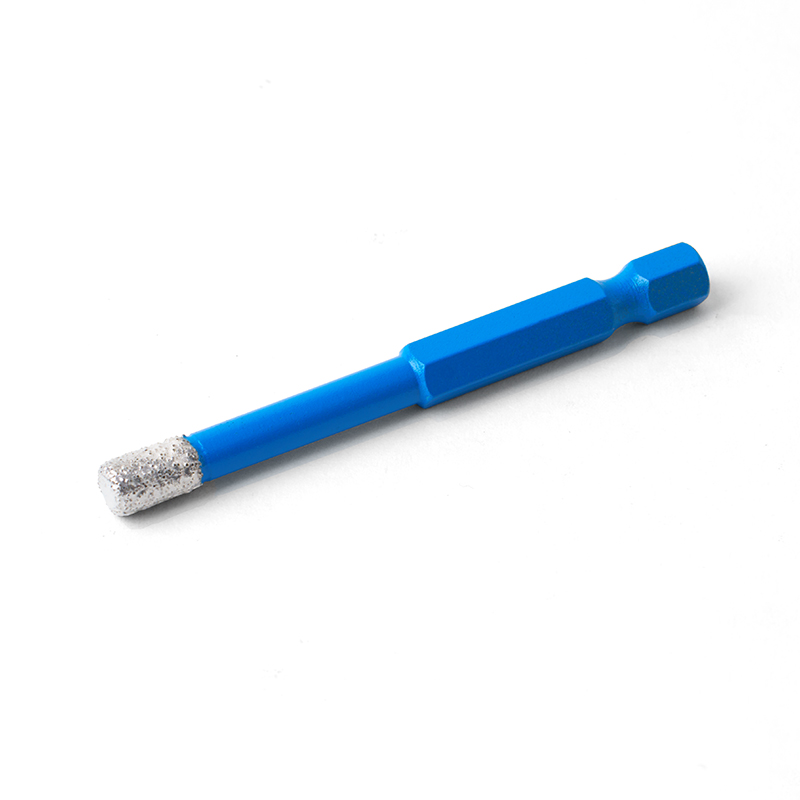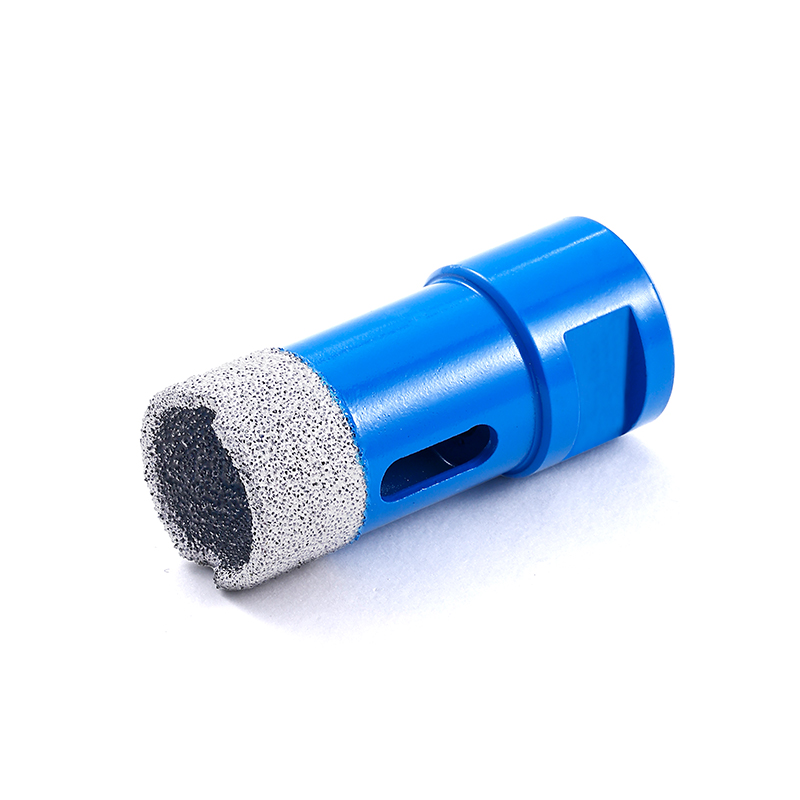How Tile Milling Bits Simplify Precision Edge Work in Tile Installation?
In the precise world of professional tile installation, the difference between a good job and an exceptional one often lies in the details of the edges. For decades, achieving a good fit for outlets, pipes, or custom edge profiles meant tedious scoring, snapping, and grinding—a process fraught with potential for chips and inaccuracies. Today, a revolution in tooling is changing the game: the advent of the tile milling bit. This specialized category of tools, particularly the diamond finger milling bit, is empowering installers to execute complex edge work with high quality speed and precision directly on-site.
Unlike traditional rotary tools that grind away material, a tile milling bit operates with a routing or milling action, removing material laterally with exceptional control. This allows installers to create notches, channels, and clean edge profiles without the violent vibrations that can cause cracks. significant innovation within this category is the diamond finger milling bit. Its namesake finger design—a long, narrow, cylindrical shaft coated in diamond grit—enables it to reach into tight spaces and make precision cuts that were previously impossible without a dedicated workshop. Whether it's undercutting a door jamb for a seamless floor transition or creating a good square outlet hole in the middle of a expensive porcelain tile, this tool is becoming indispensable.
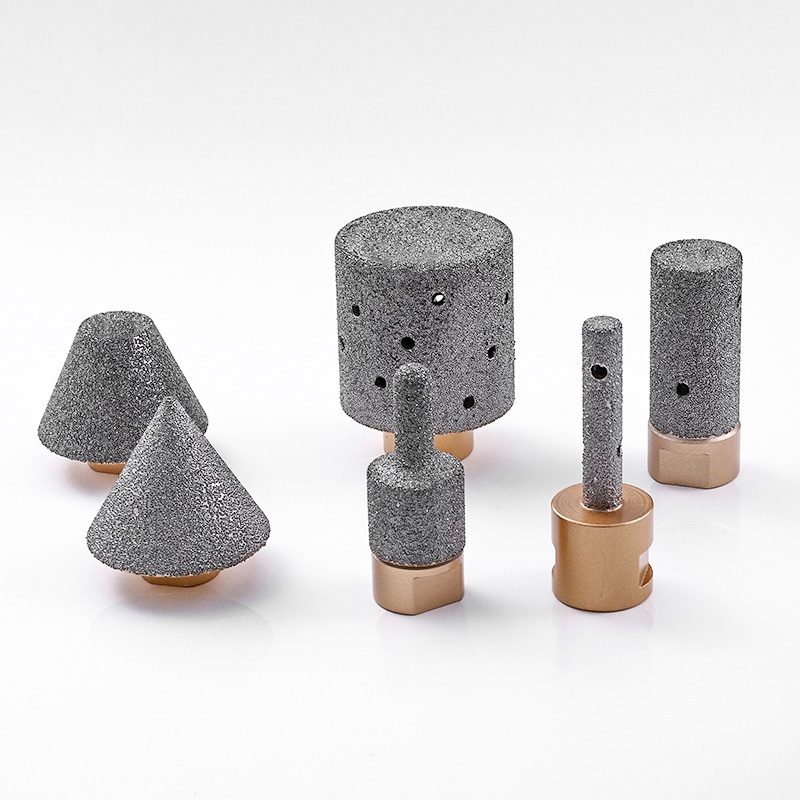
The secret to the performance of these bits lies in their construction. A diamond coated milling bit features a hardened steel body that is uniformly embedded with industrial diamond particles. This coating turns the bit into a miniature, ultra-durable milling machine capable of abrading through the hardest ceramics, porcelain, and even natural stone without losing its cutting edge. The efficiency of a diamond coated milling bit drastically reduces processing time. What once required multiple tools and trips back to a wet saw can now be done in minutes with a single attachment in a cordless angle grinder or specialized router.
The practical benefits for tile contractors are immense. The precision of a diamond finger milling bit minimizes material waste. Instead of guessing and potentially ruining a costly tile, installers can slowly and methodically mill to an exact pencil line, ensuring a good fit every time. This precision is crucial for creating flawless drain channels in shower floors or intricate design inlays. Furthermore, the clean finish left by a high-quality tile milling bit often reduces the need for additional edge polishing, speeding up the entire installation process.
For any professional looking to elevate their craft and efficiency, investing in a high-quality diamond coated milling bit is no longer a luxury but a strategic necessity. As tiles grow larger, harder, and more expensive, the margin for error shrinks. The control offered by a dedicated tile milling bit provides a safety net against costly mistakes. The diamond finger milling bit, in particular, has redefined what is possible on a job site, moving complex fabrication from the shop floor directly to the installation point. This tool doesn't just simplify precision edge work; it sets a new standard for quality and efficiency in the modern tile trade.
